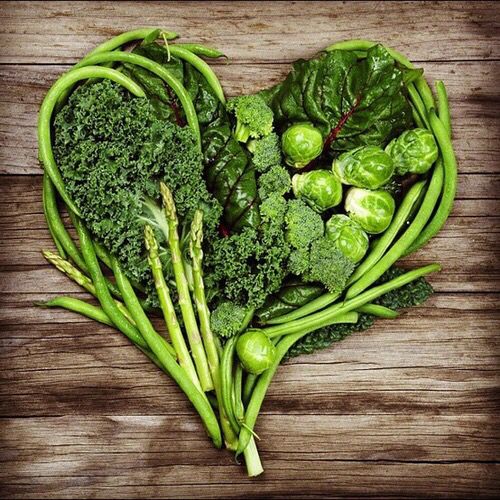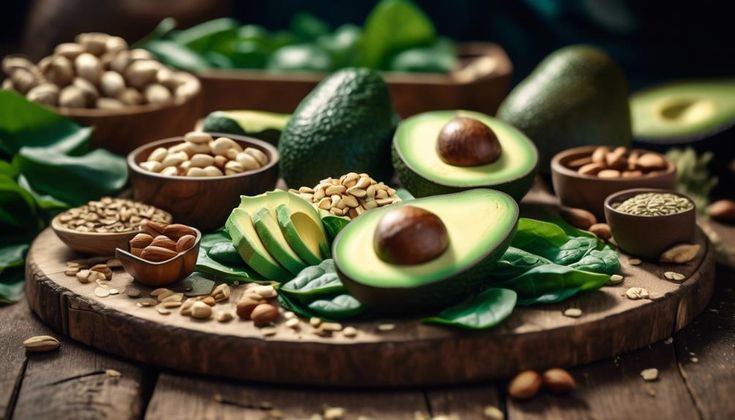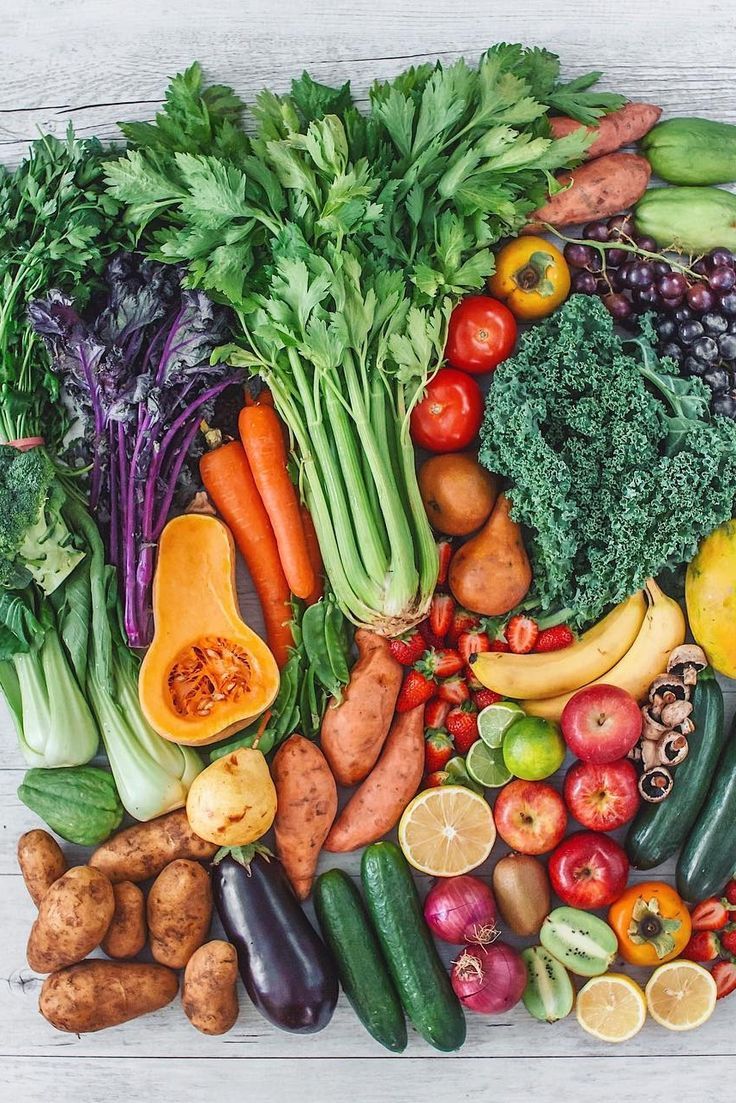Embracing a Plant-Based Lifestyle: A Journey Toward Health and Sustainability
Plant-based diets are attracting increasing attention for their potential to promote health and well-being. Moving towards a plant-based way of eating offers a multitude of advantages, ranging from improved cardiovascular health to weight management and environmental benefits. Let’s delve deeper into the world of plant-based diets and explore the exciting possibilities they hold.
A Treasure Trove of Nutrients
Plant-based diets emphasize fruits, vegetables, whole grains, legumes, nuts, and seeds. These powerhouses of nutrition provide a rich tapestry of essential vitamins, minerals, fiber, and antioxidants. Fruits and vegetables come in a vibrant spectrum of colors, each boasting a unique set of health-promoting phytonutrients. Whole grains, packed with complex carbohydrates and fiber, ensure sustained energy levels and digestive health. Legumes, including beans, lentils, and chickpeas, are excellent sources of plant-based protein and fiber, while nuts and seeds offer healthy fats and essential minerals.

A Boon for Heart Health
Studies have shown that plant-based diets can significantly reduce the risk of heart disease, the leading cause of death globally. These diets are typically lower in saturated fat and cholesterol, which are major contributors to heart disease. The abundance of fiber in plant-based foods helps regulate blood pressure and cholesterol levels, further protecting your heart health.

Weight Management and Beyond
Plant-based diets are often naturally lower in calories and fat compared to meat-centric diets. The high fiber content in plant-based foods promotes satiety, keeping you feeling fuller for longer and aiding in weight management.

However, a plant-based diet is not simply a weight loss strategy. It’s a holistic approach to health that can improve your overall well-being and reduce the risk of chronic diseases like type 2 diabetes and certain cancers.
Embracing Sustainability
Animal agriculture has a significant environmental impact. Livestock production contributes to greenhouse gas emissions, deforestation, and water pollution. By opting for a more plant-based diet, you can minimize your environmental footprint and contribute to a more sustainable future.

A Culinary Adventure
A plant-based diet doesn’t have to be synonymous with bland or restrictive meals. The world of plant-based cuisine offers a vibrant tapestry of flavors and textures. From hearty lentil stews and colorful bean salads to exotic stir-fries and decadent nut-based desserts, there’s a world of delicious possibilities to explore.

Making the Shift
Transitioning to a plant-based diet can be a gradual process. Start by incorporating more plant-based meals into your weekly routine. Explore new recipes, discover the flavors of whole grains and legumes, and indulge in the abundance of fruits and vegetables available.
With its potential to enhance your health, well-being, and the environment, a plant-based lifestyle offers a compelling path forward. So, embark on this exciting culinary adventure, discover the treasure trove of flavors and nutrients in the plant kingdom, and savor the journey towards a healthier, more sustainable future.



Greetings! I know this is kinda off topic nevertheless I’d figured I’d ask. Would you be interested in exchanging links or maybe guest authoring a blog article or vice-versa? My site discusses a lot of the same topics as yours and I feel we could greatly benefit from each other. If you’re interested feel free to shoot me an email. I look forward to hearing from you! Great blog by the way!